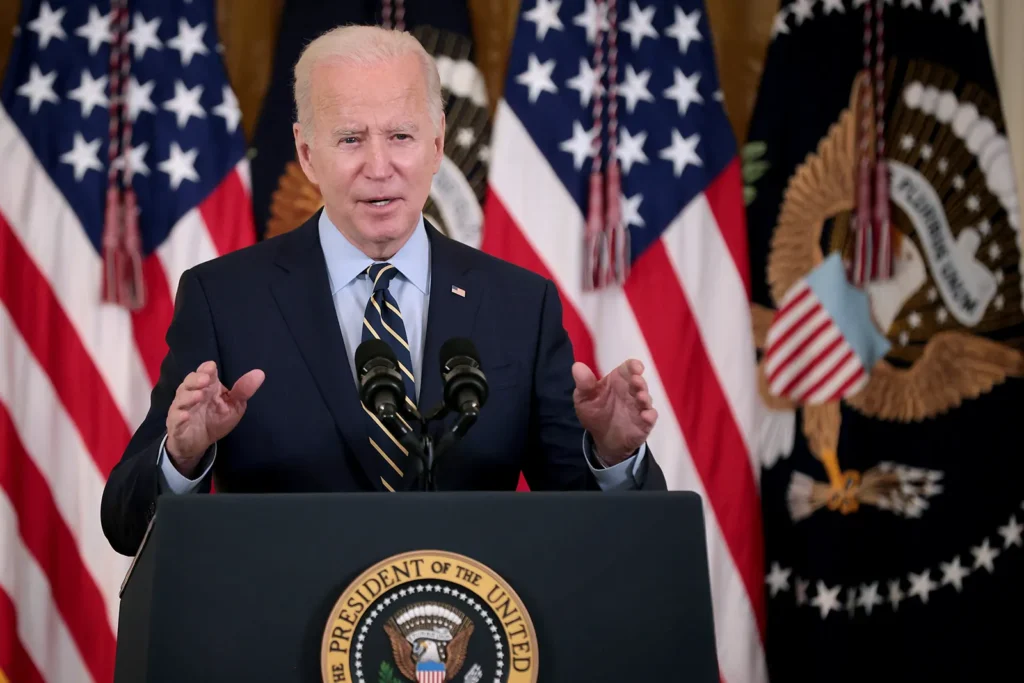
The Biden administration has launched a fresh attack on unpopular hidden charges by introducing a proposed rule that would mandate businesses to upfrontly disclose mandatory fees. Banks have also been instructed not to impose excessive fees for basic services like providing account balances. This move against hidden fees is part of President Joe Biden’s strategy to relieve financial burdens on voters, especially as an election year looms. As Biden, a Democrat, seeks re-election, Republicans have been criticizing him for inflation and the state of the economy.
Taking a stand against “junk fees” provides Biden and his allies with evidence that they are addressing the cost of living, a concern for many Americans dissatisfied with the economic situation. In the past, the administration had introduced a rule requiring airlines to disclose fees upfront.
The Federal Trade Commission (FTC) has now proposed a new rule to eliminate hidden fees across various industries, including car rental agencies, hotels, and event ticket providers. The FTC estimated that these fees cost consumers tens of billions of dollars annually, particularly through charges like hotel resort fees. FTC Chair Lina Khan described these hidden fees as a “silent tax” that silently raises prices throughout the economy.
Under the proposed rule, businesses would be obligated to include all required fees in the initial price they present to customers, making it easier for consumers to compare prices. The FTC would have the authority to impose financial penalties on companies that violate this rule and secure refunds for customers.
Simultaneously, the Consumer Financial Protection Bureau (CFPB) issued an advisory opinion, stating that banks and credit unions cannot impose excessive charges on customers who simply want to check their account balances or inquire about the amount they need to repay for a loan. Earlier this year, the CFPB had proposed reducing credit card late fees, a move that didn’t sit well with banks. In February, the CFPB proposed capping late fees at $8, above which card issuers would need to provide justifications, down from the current $30 threshold.
Thank you for your sharing. I am worried that I lack creative ideas. It is your article that makes me full of hope. Thank you. But, I have a question, can you help me?
Thanks for sharing. I read many of your blog posts, cool, your blog is very good.
Your article helped me a lot, is there any more related content? Thanks!